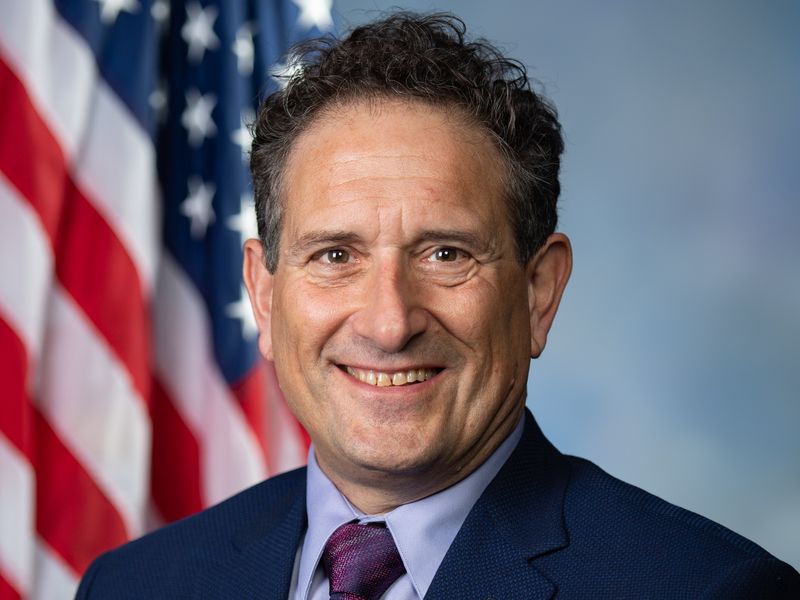
President Dwight Eisenhower once implemented a bold idea — a system of highways that brought America together. Six decades later, it’s time to reimagine that idea and electrify our entire national highway system.
Simply put, the climate crisis is not waiting, and our vulnerable and disadvantaged communities that have been hardest hit by COVID-19 and environmental racism are suffering the most. As our country attempts to rebound from the pandemic and economic crisis, clean energy investments can power short- and long-term economic and environmental recovery, like creating family-supporting jobs to manufacture and install electric vehicle chargers and the cars that plug into them.
That’s why I’m glad President Joe Biden has reiterated his pledge to deploy 500,000 new public electric vehicle charging outlets and called for a $15 billion investment from Congress. My EV Freedom Act, which I introduced with New York Congresswoman Alexandria-Ocasio Cortez, is the comprehensive policy we need to make Biden’s request a reality, creating a national network of publicly available, high-speed EV charging infrastructure along the whole U.S. highway system — within five years.
The need for investment to allow for the mass adoption of EVs is dire: according to the Department of Energy, there are 45,517 charging stations and 116,298 outlets nationwide — not nearly enough to crush range anxiety, the fear that you’ll run out of juice on the open road, and build a future where every car on the road is an EV built in the U.S., with U.S. union labor.
Our challenge is clear. Chargers must be:
1. Available everywhere, allowing for the quintessential American road trip to see the beauty of our nation, move your kid into college or visit Grandma in Omaha.
2. Interoperable, so you don’t need to worry about the shape of your car’s charging outlet.
3. Capable of providing the fastest recharge currently possible to push us towards a future where you can charge your vehicle in the time it takes to fill up your gasoline tank.
From my experience as a union organizer and clean energy entrepreneur, I know we will not be able to tackle the climate crisis successfully unless we infuse workers’ rights and racial and gender justice into every aspect of our clean energy policy. A unified coalition made up of labor, climate, environmental justice groups and energy companies endorsing the EV Freedom Act see both the urgency and potential of this transformative idea.
Thus, as we invest in EV chargers we must invest in the people and communities who build them. The EV Freedom Act includes strong labor provisions and focuses on providing local workers with high-quality training to ensure that the EV jobs of the future are good-paying, union jobs in the communities that need them most.
Eisenhower’s idea was bold indeed, but in retrospect we can see its flaws — highways that split and even destroyed communities of color, and sprawl that contributed mightily to our current carbon crisis. Today, we have an opportunity to create a more just future for workers and disadvantaged communities even as we revision the American ideal of the open road for a carbon-free world.

